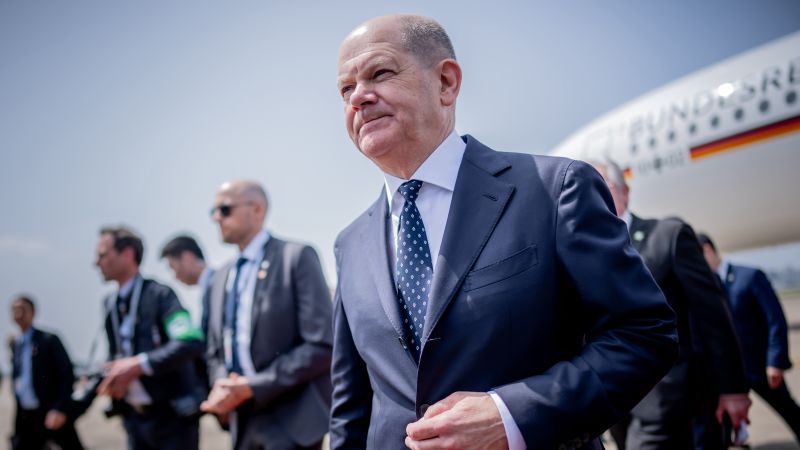German Chancellor Olaf Scholz visited Shanghai and spoke to students at Tongji University, advocating for an open and fair European market for Chinese cars. He emphasized the importance of fair competition and highlighted concerns about dumping, overproduction, and intellectual property infringements. Scholz expressed the need for companies to be able to establish production facilities without bureaucratic hurdles, stressing the importance of a level playing field for all businesses.
Accompanied by three ministers and German executives, Scholz’s visit to China is closely watched for signals on how Europe will respond to what it perceives as Chinese goods being dumped on its market. Scholz acknowledged the inevitability of Chinese cars entering the German and European markets but reiterated the need for fair competition. He emphasized the importance of preventing dumping, overproduction, and copyright infringements to ensure a fair environment for all companies.
Addressing the students at Tongji University, Scholz stressed the importance of small countries not living in fear of larger countries and highlighted the importance of respecting borders and preventing changes through force. While not directly naming China, Scholz’s comments could be interpreted as a veiled reference to China’s actions. With a meeting scheduled with President Xi Jinping, Scholz plans to address China’s support for Russia’s wartime economy and potential future conflicts over Taiwan, reflecting Germany’s concerns about global security and stability.
Scholz emphasized the importance of maintaining good neighborly relations between countries and respecting each other’s sovereignty and boundaries. He drew parallels between global values and relations between countries to interactions between neighbors, highlighting the need for diplomacy and mutual respect in international relations. By advocating for peaceful coexistence and dialogue, Scholz emphasized the importance of building trust and understanding between nations to prevent conflict and ensure stability in the region.
With the German government and businesses wary of potential conflicts and disruptions in international trade, Scholz’s visit to China comes at a time of heightened tensions and uncertainty. By addressing key issues such as fair competition, intellectual property rights, and global security, Scholz is seeking to strengthen ties between Germany and China while also addressing important challenges facing both countries. By engaging in dialogue with Chinese leaders and emphasizing the importance of mutual cooperation, Scholz aims to promote peace, stability, and prosperity in the region and beyond.
In conclusion, Chancellor Scholz’s visit to China underscores the importance of maintaining fair competition, respecting boundaries, and addressing key global challenges such as conflict prevention and economic stability. By advocating for a level playing field for businesses and promoting peaceful relations between nations, Scholz seeks to foster cooperation and understanding in a rapidly changing world. Through dialogue and diplomacy, Scholz aims to build trust and cooperation between Germany, China, and other countries, ultimately contributing to a more peaceful and prosperous global community.















